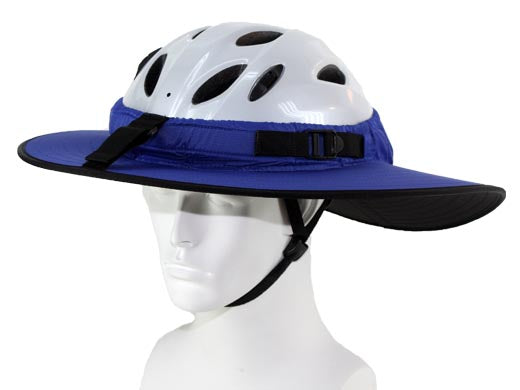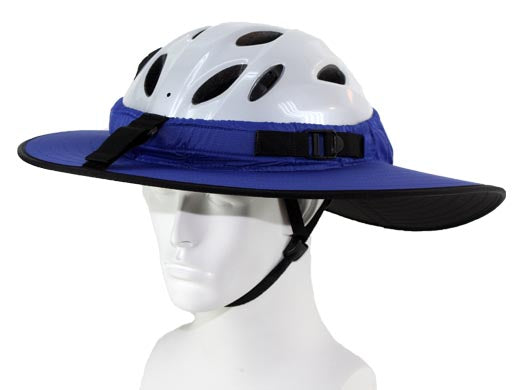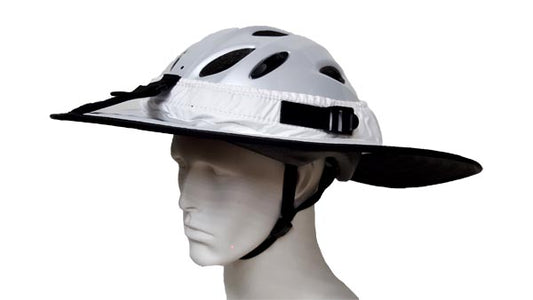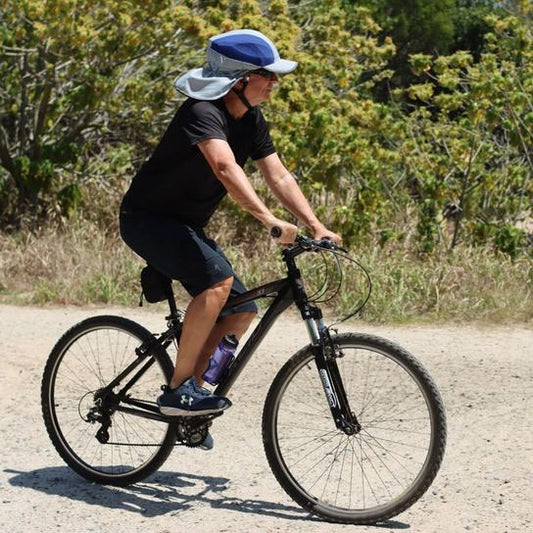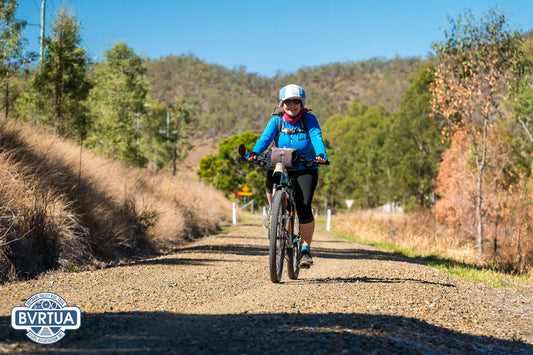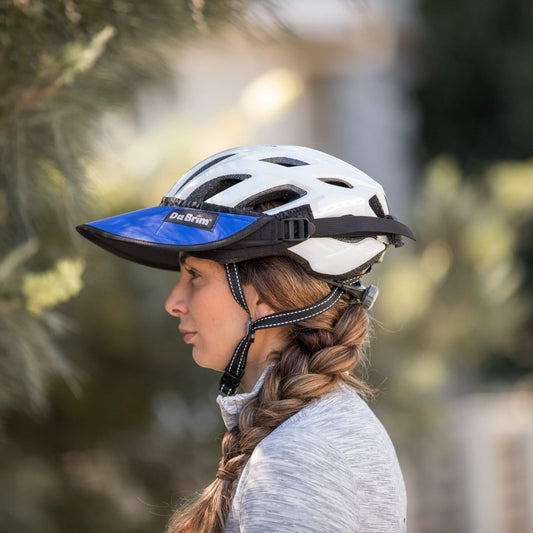Sunscreen should be part of any skincare routine and is a must-have in any cosmetics pouch or bathroom cabinet. You might not be a fan of it, but it protects you in many ways; it reduces the signs of aging and helps you stay outdoors without getting sunburnt. Most importantly, sunscreen protects you from harmful UV rays which cause skin cancer or melanoma.
Experts estimated that like Australians, New Zealanders are highly likely to be diagnosed with the disease by their 85th birthday! Of course, you should couple the use of sunscreen with other skin care measures, but using this product is a big contributor to keeping you away from disease. It is not enough that you wear a bicycle helmet to protect you from the sun; you should dab on some sunscreen as well.
Sometimes, though, you might not know how to get the best sunscreen for you—there are so many options available in the market, and choosing can sometimes be difficult. For example, how do you choose the level of SPF coverage you need? Another thing is, would you need different sunscreen for different types of activities? Here are a few tips to help you choose the best sunscreen for your skin.
Are there active ingredients against UV rays?
Compounds like titanium dioxide and zinc oxide are effective in blocking ultraviolet light. Look for brands that contain these; it will help reflect the rays off your skin.
Choose products that contain octocrylene and octisalate as well; these increase the effectiveness of the sunscreen. Octocrylene is a moisturising chemical, while octisalate makes the substance water-resistant while keeping its anti-UV properties.
Do you have enough protection for your lifestyle?
Generally speaking, the longer you are out in the sun, the higher your sunscreen’s SPF should be. If you’re only outdoors because of your commute, or because you do some light gardening in the mornings, you need at least SPF 30.
If you like running or doing outdoor sports, particularly swimming, it is better to use products with SPF 50 and above. You might even want to go for water-resistant sunscreen; there are variants that protect you for about 80 minutes before you need to reapply it again.
Do you need physical or chemical sunscreen?
We are more familiar with physical sunscreens, which are creams and lotions that are created to repel ultraviolet rays. These are thick and feel heavy when applied, but are also more moisturising and is great for people with sensitive skin. Chemical sunscreen, meanwhile, is great for people who are active and need water-resistant formulas. If you use a riding helmet, for example, your sweat might drip into your face and wipe out your sunscreen. In this case, a chemical formula might be more effective for you.
Do you have other considerations?
Whether you are choosing a physical or chemical sunscreen, you should also look at other features of the formula. Is it non-comedogenic—does it prevent oil from clogging up the pores? Does it contain fragrances that might trigger any allergies you have? Is it oil-free and paraben-free? Will it make you break out? Check your brand for these things before purchasing.
Conclusion
Sunscreen is one of the most hardworking parts of a skincare regimen. It keeps you healthy and protects you from signs of ageing. Wearing sunscreen can help block dangerous UV rays from harming your skin cells while helping you stay fresh and wrinkle-free!
Increase your protection against the sun’s UV rays by investing in our products from Sun Brims. Our riding helmets are among the best in Australasia. We surely have the right hat for you!
